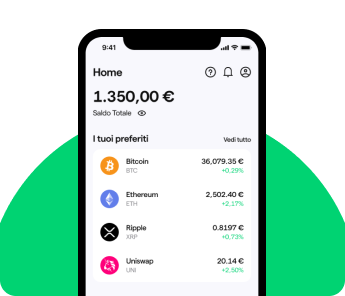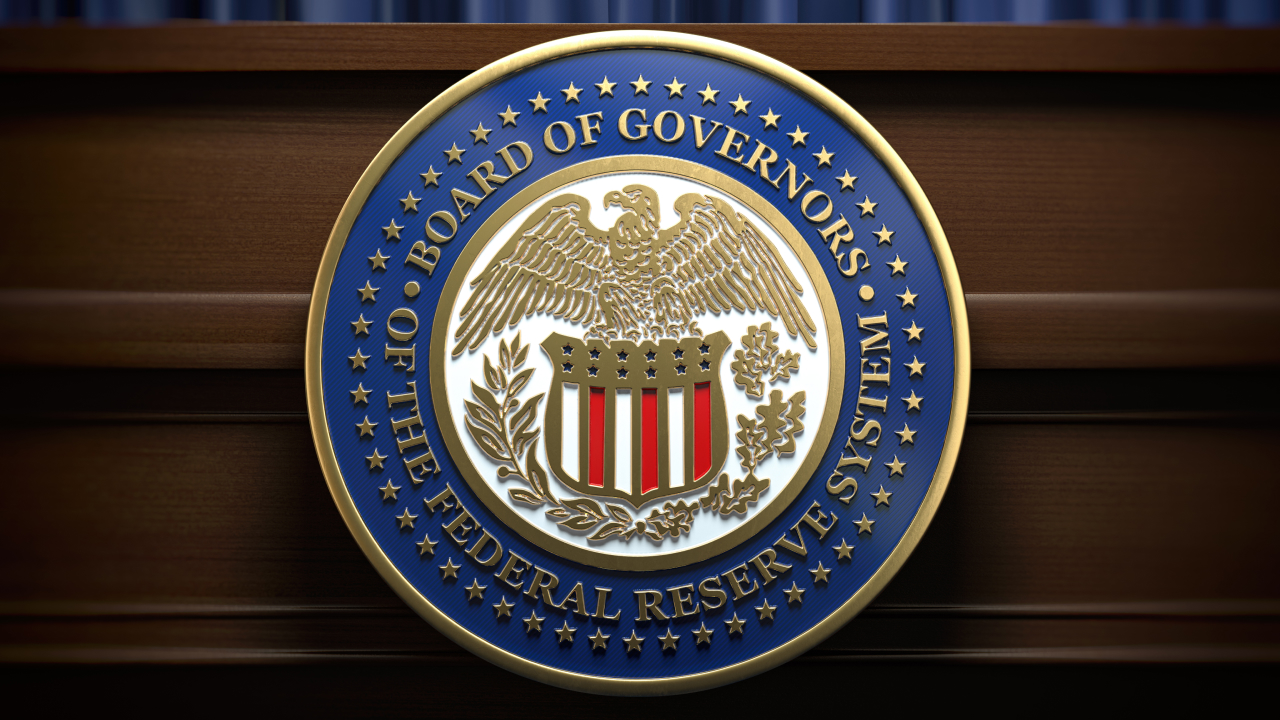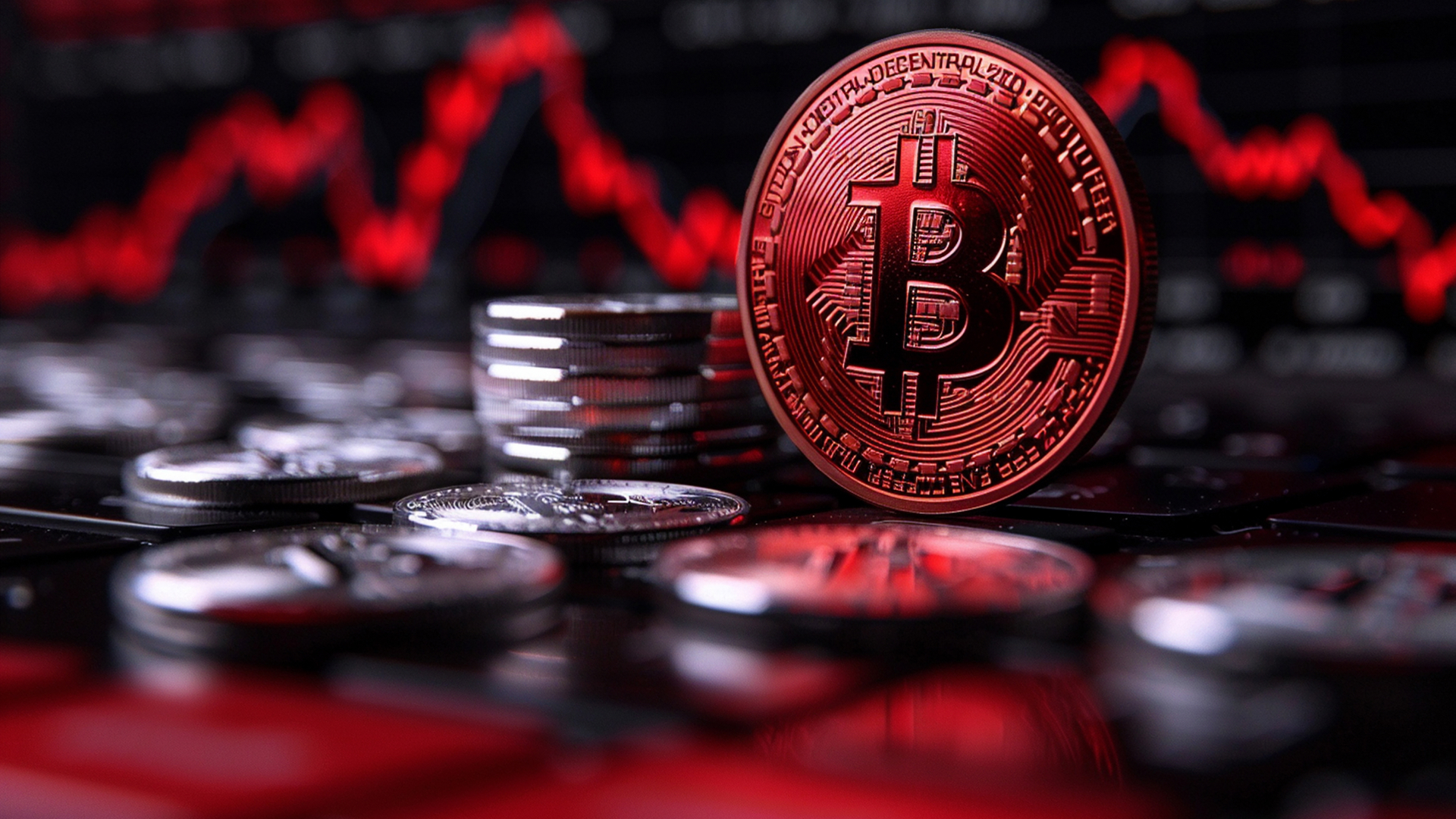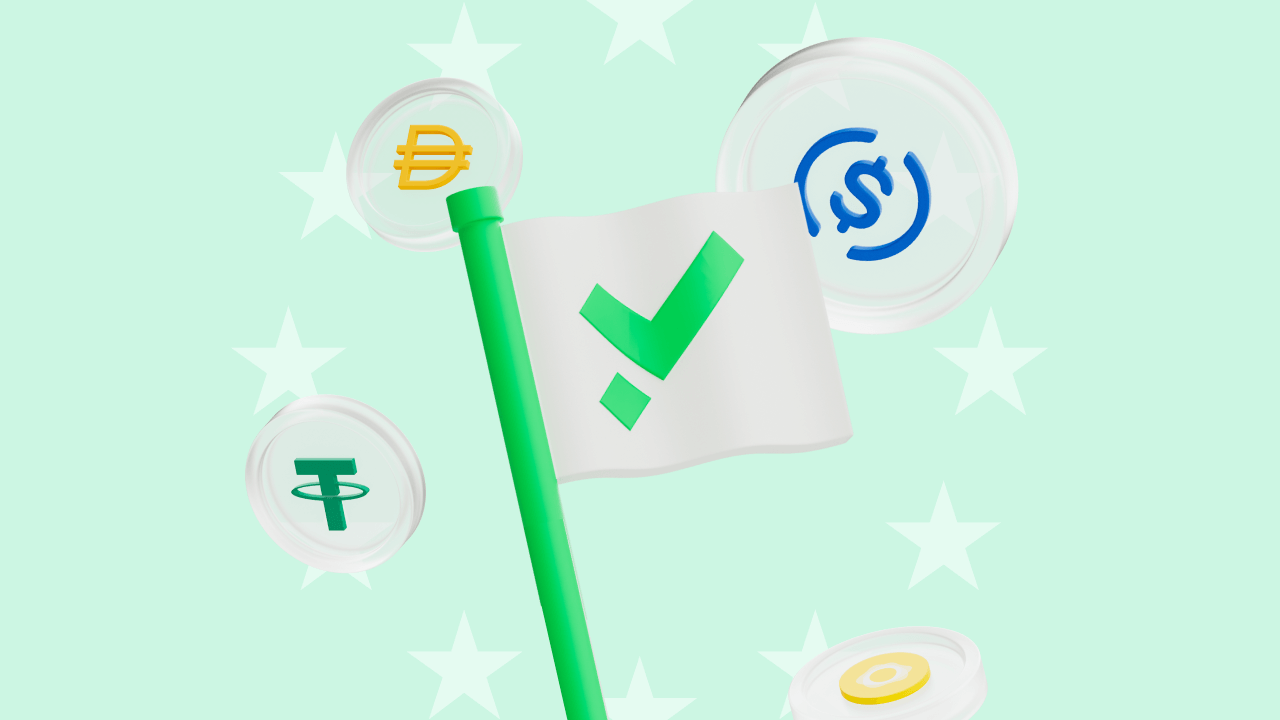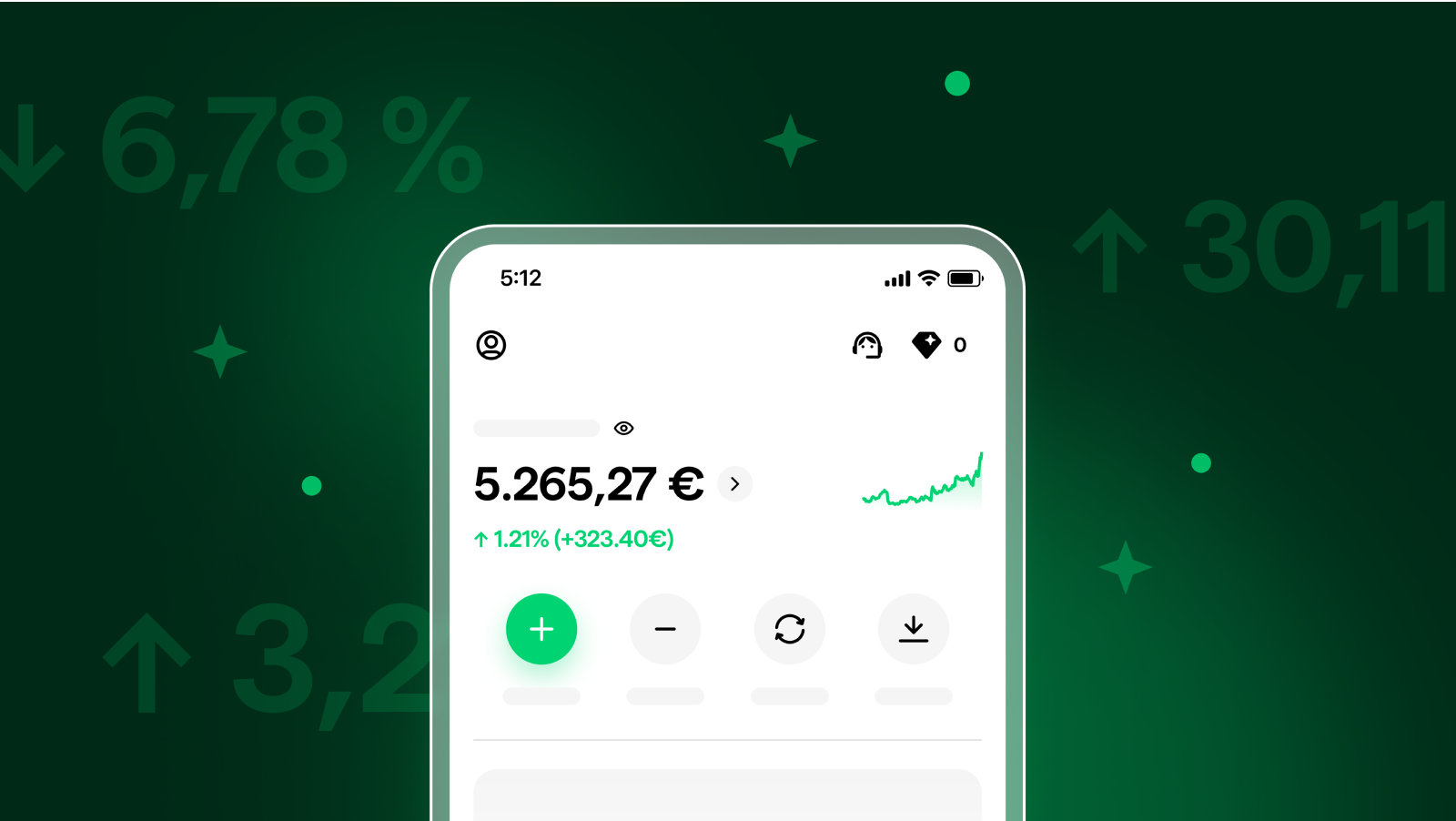September Fed meeting will be crucial for the markets: here’s the outlook for investors.
The Federal Reserve is preparing to discuss interest rates again at the Federal Open Market Committee (FOMC) meeting on 17 and 18 September. Currently, federal funds rates are between 5.25% and 5.50% after a series of hikes to curb inflation. However, experts and markets expect a 25 basis point cut, bringing rates between 5.00% and 5.25%. But what factors are driving this expected decision?
Economic indicators influencing Fed decisions
Decisions on interest rates are always complex: the Federal Reserve has to consider several economic indicators to assess whether it is the right time to raise, lower or maintain rates. Some of the key indicators the Fed looks at include:
- Inflation (CPI and Core CPI): Inflation is one of the main targets of the Fed’s monetary policy. When prices rise too fast, the Fed tends to raise rates to curb demand and stabilise prices. In August, the consumer price index (CPI) increased by 0.2%, with an annual rate expected at 2.6%, down from 2.9% in July. This drop in inflation brings the economy closer to the Fed’s targets, facilitating the possibility of a rate cut.
- Labour market: Employment also plays an important role in the Fed’s decisions. There is less pressure to cut rates when the labour market is strong, with low unemployment levels. However, recent reports show a cooling of the labour market. The US added only 142,000 new jobs in August, a number below economists’ expectations, signalling a slowdown.
- Economic growth: Gross Domestic Product (GDP) is another indicator. If the economy is growing too fast, there could be a risk of inflation, while weak growth could suggest the need for economic stimulus, such as rate cuts. Currently, US economic growth is slowing, making Fed intervention to avoid a recession more likely.
Who is affected by changes in interest rates?
The Fed’s interest rate decisions directly impact many sectors of the economy, and consumers, investors and businesses can feel the effects. Here are some examples:
- Mortgages and loans: one of the first tangible effects of changes in interest rates concerns mortgages. If the Fed cuts rates, those with variable-rate mortgages might see a decrease in their monthly payments, while new home buyers might get loans with more favourable terms. However, many mortgage rates already reflect market expectations of a Fed rate cut, so a 25 basis point cut may make little difference in short-term mortgages.
- Investment and financial markets: when the Fed cuts rates, financing costs for companies decrease, making it cheaper to invest and borrow. However, the stock market may react in a mixed way: while rate cuts stimulate some companies, other sectors, such as technology, maybe more cautious. Recently, the Nasdaq fell 2.6%, due to concerns about the economy and the slowdown of the artificial intelligence boom.
- Savings: an essential aspect for savers concerns Certificates of Deposit (CDs), which offer favourable interest rates. CD yields could also fall if the Fed cuts rates, so the time could be right to lock in advantageous rates before they fall further.
The current economic environment and the upcoming rate cut
The overall picture shows declining inflation and a cooling but still strong labour market. With inflation approaching the 2% target, the Federal Reserve can cut rates without risking an uncontrolled inflation increase. At the same time, slower economic growth and concerns about a possible recession further push for an easing of monetary policy.
The long-term effects of interest rate cuts
Although interest rate cuts immediately affect mortgages, loans and financial markets, the long-term impacts may be more complex. When interest rates are lower, credit becomes more accessible, stimulating consumption and investment. This can boost economic growth in the short term, but if rates stay low for too long, there are some risks to consider:
- Future inflation risk: if the Fed cuts rates too much or keeps them too low for a prolonged period, the economy could overheat, leading to a new inflation cycle. Even if inflation is under control today, a prolonged stimulus period could fuel renewed price growth, especially if the economy recovers quickly.
- Debt growth: Low interest rates make debt cheaper for consumers and businesses, possibly encouraging higher debt levels. However, excessive debt may become unsustainable in future crises or a sudden rise in interest rates.
- Impact on savers: In the long run, low rates penalise savers, who see diminishing returns on their low-risk investments, such as savings accounts and certificates of deposit. This can be a problem for pensioners or those living on savings income. Conversely, this becomes a more favourable scenario for risk-averse investors, prompting them to seek riskier investments for higher returns.
- Higher bills for public debt: another long-term consequence of low rates is the potential increase in public debt. If the government goes into debt more easily to finance projects, it may accumulate debt that will be difficult to manage, especially if rates rise again.
It was a decisive moment for the economy and politics
The economic issue is one of the most vibrant among American voters, and the debate over the future of interest rates plays a crucial role in the political debate in the presidential election. As the November elections approach, the Federal Reserve’s choices will inevitably become one of the central points of confrontation between the candidates.
Tonight, Tuesday, 10 September, there will be a decisive debate between Donald Trump and Vice-President Kamala Harris, hosted by ABC News. This meeting, which represents the first ‘vis à vis’ between the two candidates, will be decisive in defining their positions on economic issues, one of the hottest topics of the election campaign. Voters will be particularly attentive to how the candidates intend to address the issue of economic growth, jobs and inflation, especially in a context where many Americans face higher debt costs and an uncertain job market.
Donald Trump, on the strength of a platform that has focused on tax cuts and deregulation in the past, might push for an aggressive rate cut to stimulate the economy further. On the other hand, Kamala Harris might emphasise the importance of prudent monetary policy management to avoid the economy’s overheating and uncontrolled debt growth.
Tonight’s debate will be crucial in understanding which economic view may prevail. The Fed’s decisions on interest rates are a key element in the future of US economic policy.
How should investors move in the context of a rate cut?
When the Federal Reserve cuts interest rates, investors must adopt different strategies to adapt to the new economic conditions. In general, lower interest rates mean that the cost of money falls, making it cheaper for companies to borrow and invest but reducing returns on safe investments such as savings accounts and certificates of deposit. Here are some strategies investors can consider:
- Diversifying the portfolio: With falling interest rates, safe investments such as bonds and savings accounts tend to offer lower returns. This may push investors to seek higher returns in riskier assets such as stocks, cryptocurrencies, or mutual funds. In particular, sectors such as technology or renewable energy could benefit from a low-rate environment, as companies can more easily invest in growth projects.
- Consider long-term investments: even if rates are low, there may be opportunities to lock in profitable returns over the long term. This can protect capital from yield erosion over time.
- Evaluate stocks of companies that benefit from low rates: sectors such as real estate and utilities, which typically require large amounts of financing, may benefit from lower rates as the cost of debt decreases. Investors might consider buying shares in these sectors, which could have sustained growth in the new economic environment.
- Monitor inflation: Although low rates stimulate the economy, investors should be alert to possible signs of future inflation. More conservative investments, such as bonds and fixed-rate government securities, could lose value if inflation picks up. Therefore, investors should keep an eye on future Fed policies to see if there will be a return to higher rates in the medium term.
In summary, a rate-cutting environment offers opportunities but also risks. Investors must be agile and ready to review their strategies, balancing risks and returns in a constantly changing economic landscape. To explore new opportunities, sign up for free on Young Platform.
